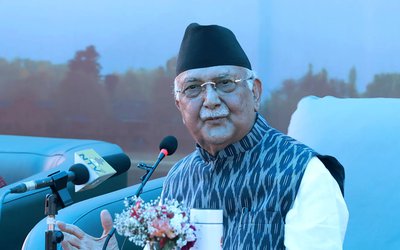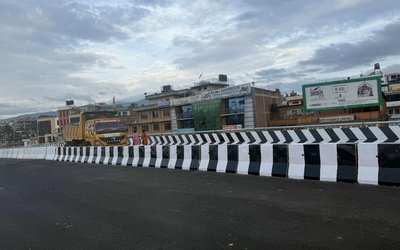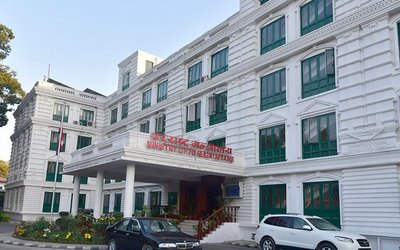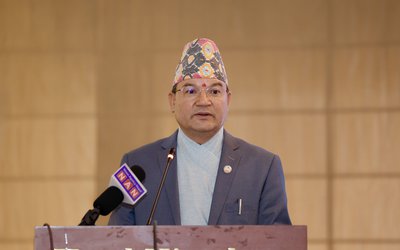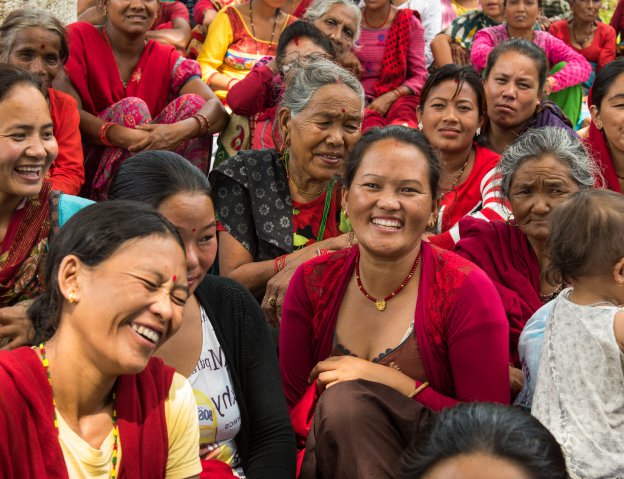
A nation's economic situation and state of political stability do not necessarily ensure gender parity or safety for women, a new index has concluded. Nepal has shown that the country can do much better even lack of political stability and higher growth.
Countries were studied on three parameters to see how they fared in the Women, Peace and Security Index (WPSI). This index, developed by women's rights advocacy Georgetown Institute for Women, Peace and Security in Washington, DC, looked at gender rights in terms of inclusion, security and justice.
Nepal topped the south Asia list: its WPSI stands 42
places higher than its per capita income ranking. Afghanistan was at the bottom
of the list.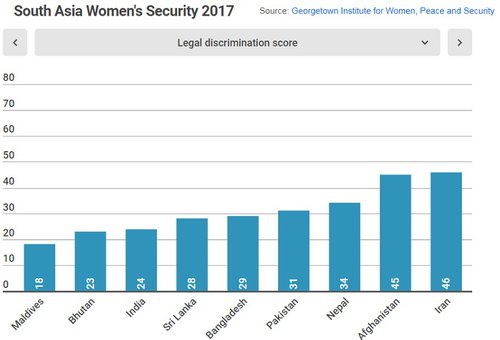
India was ranked seventh on the WPSI in south Asia. This list included Afghanistan, Bangladesh, Bhutan, Iran, Maldives, Nepal, Pakistan and Sri Lanka.
Countries were studied on three parameters to see how they fared in the Women, Peace and Security Index (WPSI). This index, developed by women's rights advocacy Georgetown Institute for Women, Peace and Security in Washington, DC, looked at gender rights in terms of inclusion, security and justice.
The global average was 0.662. The WPSI score ranges from zero (the worst) to one (the best).
The best and worst in south Asia on legal discrimination were Maldives and Iran. On the question of men accepting a woman's right to work, Nepal performed the best and Pakistan the worst. Bangladesh ranked the highest on safety perceptions and Afghanistan the lowest. On intimate partner violence, Maldives and Bangladesh were the best and worst, respectively.
Cash-strapped, impoverished and politically unstable Zimbabwe topped when ranked by the gap between a country's WPSI and per capita income ranks, with its WPSI position 65 places better than its per capita income rank.
The difference between the two ranks will be less than zero for a richer country where women feel less secure, as in the case of India. The calculation works thus for India when we subtract its position on the WPSI (131) from its per capita income rank in the world 104 (104 – 131 = –27). In the case of nations like Zimbabwe, it will be a positive figure (135 – 70 = 65).
Saudi Arabia ranks the worst, ranked 89 places lower
than its per capita income position (62 – 151 = –89).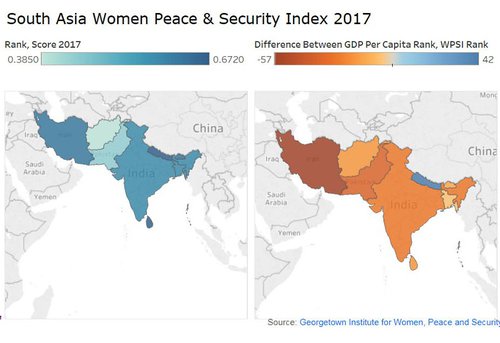
As many as 57 countries ranked at least 10 places better on the WPSI than on per capita income. This included Nicaragua, Tajikistan, Serbia and Rwanda. And 52 countries, such as the United States, Brazil, China and Qatar, ranked at least 10 places worse.Beginning 2017, the index will be updated every two years, the WPSI report said.
"It is notable (that) top-performing countries… rank higher on the WPS Index than on their income per capita," the report said. "National income helps performance on the WPS Index, but the two are not always closely correlated."
The WPSI's assessment of inclusion covered economic, social and political factors. It looked at justice in terms of laws as well as informal discrimination. Security was defined at family, community and societal levels.
The report is based on FRIRSTPOST.COM
- The Situation Pushes Women Journalists To Speak Louder, Experts Emphasize
- Jun 30, 2025
- SPI NEPAL: Prosperity Through Clean Energy
- Jun 30, 2025
- PM Oli Meets Spanish Prime Minister
- Jun 30, 2025
- FM Dr. Rana Said Nepal recognises constitutional guarantees to citizens' right to food
- Jun 30, 2025
- Weather Forecast: Generally Cloudy With Heavy Rainfall Is Likely In One Or Two Places Of Kathamandu, Biratnagar And Pokhara
- Jun 30, 2025

